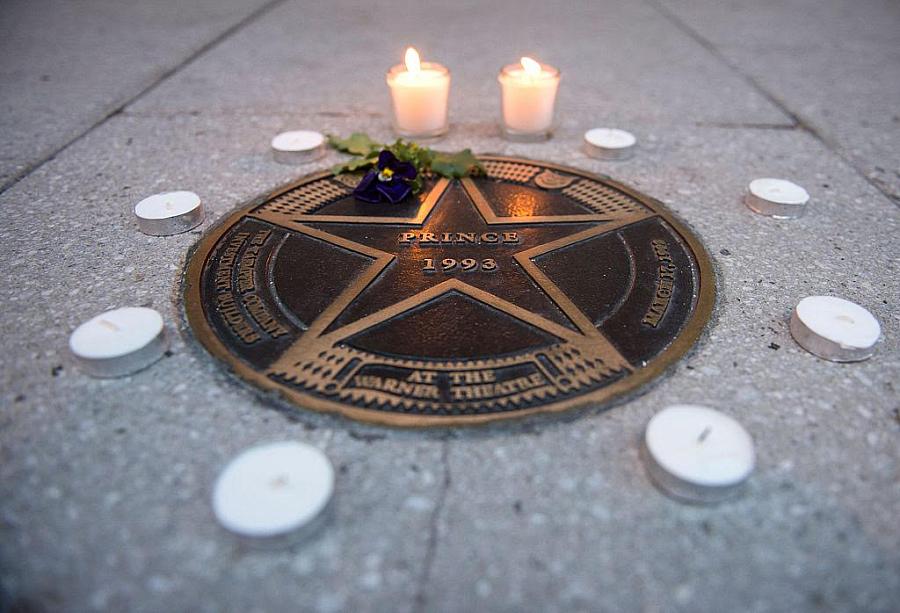Flying Blind: Why do we keep blaming the victims of medical errors?

Most coverage of Prince’s death assumed he was an addict who had tempted fate. The role played by mislabeled fentanyl pills was largely overlooked.
A patient dies in the operating suite, and a counter narrative begins to unfold. The patient was old and frail. They failed to tell the doctor about a medication they were taking. They did not follow the pre-operative protocol.
The list goes on.
Dr. Kevin Kavanagh from Health Watch USA wrote an article for the Journal of Patient Safety recently that compared the way we approach medical errors to the way we approach plane crashes. Kavanagh wrote me to underscore what he thought were the main points of the piece:
The most important message is that the errors and preventable deaths are far too common and the patient context (age, illness, life choices) must be dissociated from medical errors and not used to mitigate their occurrence.
I have experienced this first-hand in writing about medical errors. Hospital executives and physicians have pointed to other issues patients had to explain the deaths. They were smokers. They were obese. They had a chronic illness.
Yes, these all are risk factors. But whether an obese smoker with diabetes dies today or 20 years from today may be entirely because of a preventable medical error.
Take the example of Prince, who died from taking too many painkillers. A lot of coverage of Prince’s death, while acknowledging that he was one of the world’s great musicians, also took the tack that he was an addict who had been playing with fire. I applaud Stephen Montemayor at the Minneapolis Star Tribune for pushing to get access to records about Prince’s death and reporting in August that the fentanyl pills found in Prince’s system may have been mislabeled as hydrocodone, something that could have led to him taking too many of them. Danny Cevallos at CNN wrote:
If a corporation mislabeled or manufactured the pills, the Federal Food Drug and Cosmetic Act outlaws engaging in interstate commerce with adulterated or misbranded drugs. Penalties include imprisonment and sanctions like seizures, injunctions and fines.
Here’s how Kavanagh and his co-authors respond to patient blaming, using the National Transportation Safety Board as a contrast.
When reporting airline crash deaths, the NTSB reports the total deaths. If 350 people die, the NTSB reports that the crash caused the death in 350 people, not 348 because two of them had terminal disease and would have died anyways.
The “would have died anyway” assumption is often present in the way reporters cover the deaths of someone over 70 who dies from a health care-related complication. Essentially, if someone is older, there are fewer questions about why they died. I wrote about this when Andy Rooney died, noting how there was a decided lack of interest in the fact that he apparently had a minor medical procedure and died from complications related to it.
If we had better information about these medical procedures, those types of claims would be much harder to make. Having better information would allow us to better assess causality. Kavanagh and his co-authors wrote:
A single causative event is often difficult to define. For example, if a patient dies of an acute myocardial infarction, was this the cause of death? Or was it high cholesterol, obesity, diabetes, or smoking? Or perhaps was it because the patient waited in emergency triage for two hours and did not receive thrombolytic agent in time. One could make a case that any one of these could be the cause of death.
The authors recommend better and more regular reporting of health care-related incidents to federal agencies, including more thorough reporting of health care-acquired infections. They also make the point that we can’t afford to wait for perfect data. Multiple studies have placed the estimate of annual hospital-related deaths in the United States at more than 160,000 and possibly as high as 440,000 (although that last number does seem staggeringly high given that there are about 2.6 million deaths all told in the U.S. every year.)
I agree. We will never have perfect data on every death in the country, regardless of whether it happened in a health care setting. We need better tracking of the contributing factors to a health care-related error. We need better synthesis and analysis of that data. And we need to stop pointing the finger at patients to avoid taking a harder look at all the other pieces of the health care puzzle.
[Photo: Andrew Caballero-Reynolds/Getty Images]
--
Related Posts
Flying Blind: Should we treat medical errors like plane crashes?

